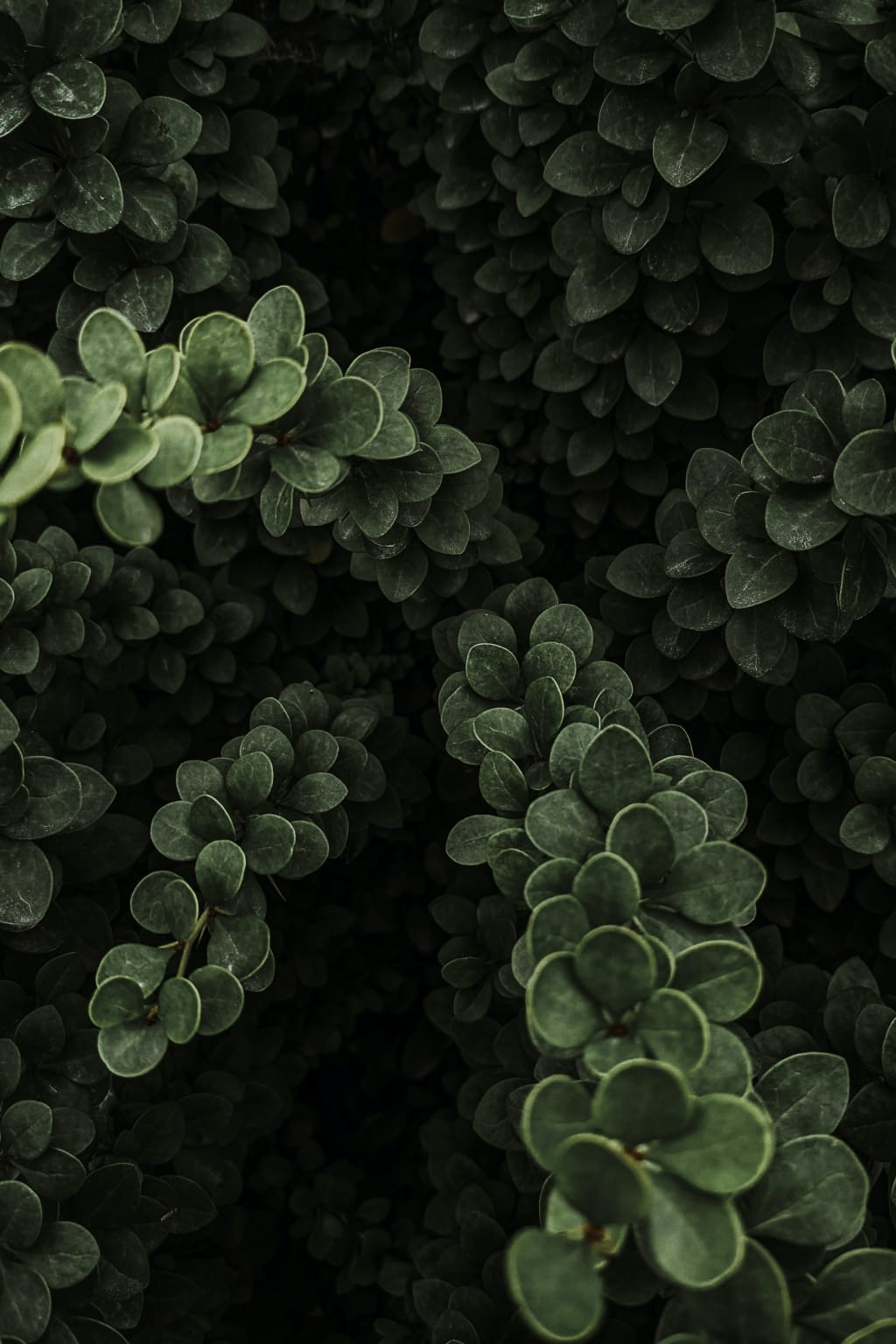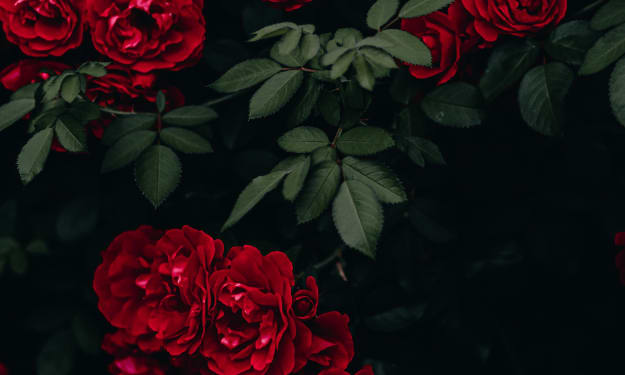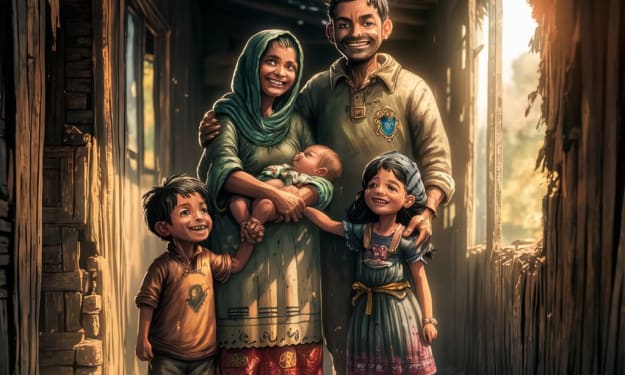The past is the best guide to the future
The past is the best guide to the future

one
When he was in the first grade of primary school, he chased flies around, put them into matchboxes, filled them with recently, and handed them to the class teacher one by one. This was the only effort that six-year-old Liu Xiangcheng could make for his situation -- to fight for the red scarf by removing the four evils more vigorously than others. The primary and secondary school in Gubei, Fuzhou Military Command, where he lived, was full of revolutionary children, and he was the descendant of a big landowner. "I was all red and one dot black '."
When he was in fourth grade, he was taken to Hong Kong by his father, who worked for Ta Kung Pao, and the school held a ceremony on the playground where he wore a red scarf, "so when I arrived in Hong Kong, I became 'all black and a little red again."
In 1976, when he returned to China as a reporter for the American newspaper Time, he was met with silence by the crane-wearing Cantonese. But in their bodies and eyes, he immediately felt the "unusual calm" that comes when one moves from one realm to another -- a state that can only be "perceived".
Three years later, while on a morning walk at Dalian Institute of Technology, he came up to a statue and saw a young man gliding past in his roller shoes. He took the picture because the moment expressed what he could see -- "an inner sense of immense relief and a sense of facing an uncertain future."
two
I asked him how the initiation of industry started, and he said there was a word called "bubble." I can't do without this.
When he was an intern at Life magazine, he worked for the famous photographer Gene Milley for nine months. The old man was then 72 years old, and "for nine months, he never talked about technology." But every evening, the old man would put the pictures he had chosen on the wall and look at them with him, telling him, "This one is good, that one is not."
Why is that? Because "interpreting events is more important than grasping them."
When he was at Time, people in the magazine would say to him, Liu Heung Cheng, you go to India, live there for four years, do pilgrimages and drink tea with them. Every time I go to work, I have to pack up all my luggage and equipment and ship them to another country, where my children go to school. This is how the picture came out.
He said that there is less "leisure" in the current Chinese culture. I understand that he meant that there is a less leisurely pleasure regardless of utility. Without this, cultural development will not be abundant. Nowadays, he says, people "create when they go on business trips." Leisure is when they stay in Italy or on the beach. "They are so busy with the leisure that they don't know what leisure is."
three
Talking about what he does now, to my surprise, he puts a lot of energy into the editing of historical pictures.
"We lack a common standard. The same thing we talk about in Beijing is the same thing we talk about in Gansu, Fujian, and Guangdong. Can it still be the same concept and the same thing? Now we are not, because we have not developed to this point, everyone is Shouting slogans, hoping that their voices will be heard, this is not OK, it is not the expression of a literate country."
He used the example of the jury of the Dutch competition as an example. He said that in the first round, only one judge had to raise his hand to enter the next round. In the second round, three people raised their hands, and in the third round, five people raised their hands. "My neck is red. That doesn't matter, because there was a basis of consensus and there was no need to fight over basic standards, unlike in China."
In the void of moving away from a single standard and not having had time to build consensus, people feel lost.
Liu Xiangcheng has a lot of reflections on the extreme political movements in modern China, and he summarizes the reasons why we cannot keep rational and balanced: "To have an open mind, we must face up to and reflect on our history as objectively and accurately as possible because history is our common memory. How China deals with its history will affect how it develops in the future. It's so important."
"I'm 60 years old," he said. "I'm not going to go into battle again, but it takes me to sort out history. It's like peeling an onion. You peel it off slowly, layer by layer, and the conclusion is completely open."
"The past is the best guide to the future," he said.
four
In the early 1990s, when he saw Pearl Buck's preface to Lin Yutang in a secondhand bookshop in Paris, he said: "I often open a book on China and close it with disappointment because there are so many weak exaggerations. People are feverishly defending a country that doesn't need to be defended."
Liu Heung Cheng uses a photo to illustrate his idea of China. In 1980, shortly after the college entrance examination resumed, many people's homes were short of lights at night. Students who wanted to go to college would go to Tian anmen Square to read by street lamps. He saw the girls, "I wanted to level my position with the students, so I had to lie on the ground to shoot. I lie down in front of this girl, lie down on the ground, and press B shutter, I have no way to know how much exposure, I count one, two, three, four in my heart, count 25, and then let go. The funny thing is that after all that time, they didn't move at all, because if they did, the picture would be empty."
This is his definition: "What is Chinese? The Chinese can survive 25 campaigns in 33 years."
Like Lin Yutang in the 1930s, he chose to show his respect with honesty. "Maybe I love my country too, but I'm careful not to let them know. For a man may spend his whole life wearing a coat of patriotism, in rags, parading about, not only in China but abroad to show himself off. I can be honest because, unlike these patriots, I am not ashamed of my country. I can tell the world about her troubles because I haven't lost hope. China is much greater than her little patriots, so they don't need to paint. She'll get back on an even keel again, which she always does."
"China is changing rapidly amid constant change. Be patient," he said.






Comments
There are no comments for this story
Be the first to respond and start the conversation.